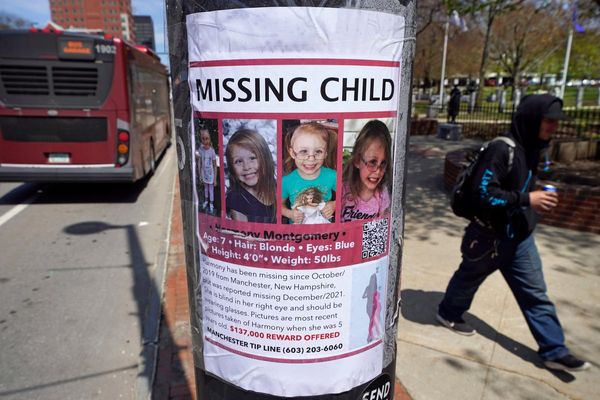Thirty years ago this summer, two former governors—Michigan’s John Engler and Illinois’ Jim Edgar—arrived at the National Governors Association meeting with a radical idea: that states band together and stop handing taxpayer-funded subsidies to private businesses. The idea fizzled, and we’ve since seen ever-increasing corporate handouts. As governors convene this year, support for a change is growing again. And this time, they may have the right tool to put taxpayers over tax handouts.
The generous subsidies states offer to businesses to relocate (or to prevent businesses from moving someplace else) have been common for a long time. In 1936, Mississippi fired the first shot in the interstate subsidy war by targeting northern clothing manufacturers. Like many modern programs, it paid companies to do what they would have done anyway: shift production to a region with more affordable labor.
Research shows that most subsidies — 7 in 8 — don’t sway a company’s decision over where to locate or expand. Fundamental factors affecting production and profitability—like the availability of skilled workers and access to customers—are far more important to any business’ long-run success.
Even worse, subsidies tend to reduce economic growth, not improve it. They make our economy less productive by insulating politicians’ favorite companies from healthy competition. This leads to even more waste as businesses shift their focus toward pleasing politicians rather than satisfying customers.
Unfortunately, the temptation of political benefits and positive headlines that comes from granting subsidies is hard for lawmakers to ignore. That’s why we’re currently seeing a surge of subsidies, funded in part by the flood of federal grants from the American Rescue Plan.
The upcoming election is exacerbating the problem, since research also shows that governors tend to increase corporate handouts during reelection years. At least eight governors running for reelection have already hitched their wagons to taxpayer-funded subsidies for flashy business projects, like the Rivian and General Motors electric vehicle plants in Georgia and Michigan, the Buffalo Bills and Tennessee Titans stadiums in New York and Tennessee, or the Intel and Samsung semiconductor plants in Ohio and Texas.
This is not a small problem. Combined state and local spending on corporate handouts is estimated to be $100 billion every year. Imagine if this money went to useful government services or was returned to taxpayers—either of which would lead to more economic growth than the subsidized projects.
Some astute politicians like Engler and Edgar have always understood this. In fall 1991, Sally Hernandez-Pinero, then New York City’s Deputy Mayor for Finance and Economic Development, gathered economic development officials from New York, New Jersey and Connecticut. With much pomp and circumstance in the New York City Metropolitan Gallery of Art, they signed a nonaggression pact, promising not to poach businesses and jobs from each other.
Like Engler and Edgar’s idea, it was revolutionary—and valuable. It would have freed up $500 million to $800 million for those governments every year. But because it amounted to a “let’s play fair” agreement with no enforcement mechanism, it lasted about four days.
Kansas and Missouri have had better luck. Their 2019 agreement ended the worst economic border war—but it’s a fragile peace. The next Kansas governor will have the power to unilaterally end the truce, and Missouri will need to renew it by 2025.
The problem is a lack of legal power to hold state and local governments accountable. But an interstate compact—a constitutionally based treaty between states—is more durable. Compacts are contracts, meaning they can create legal accountability with agreed-upon penalties for violations. And the compact could protect early adopters with a trigger clause, such that it only takes effect when enough other states sign on.
The compact idea has strong bipartisan support. Legislators in 18 states have already introduced an initial version. Our experience is that policymakers who learn about it often exclaim “Why haven’t we heard about this before?!?” That’s because plenty—even economic development officials—don’t like corporate arm-twisting. As Engler said: “You’re always subject to one state being played off another.”
In the end, politicians offer subsidies mostly because they don’t want to be seen as one-upped by their neighbors. To quote Edgar: “If you’ve got some states doing it, it’s hard for the others not to do it. It’s like unilaterally disarming.” An interstate compact offers the perfect path toward multilateral disarmament. This summer, let’s hope our governors schedule some time to talk about using a compact to end the interstate subsidy war.
____
ABOUT THE WRITERS
Michael D. Farren is a senior research fellow with the Mercatus Center at George Mason University. James M. Hohman is the director of fiscal policy with the Mackinac Center for Public Policy.







